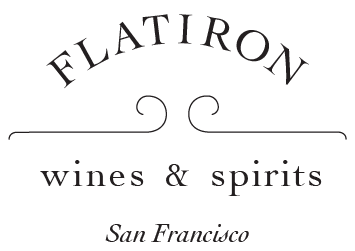Amiran
Amiran is a true triumph from the lesser-known western side of the country; an area called Imereti. Amiran Vepkhvadze’s vineyards are planted outside the village of Kldeeti, in the small subregion of Zestaphoni. During and... Read More
Amiran is a true triumph from the lesser-known western side of the country; an area called Imereti. Amiran Vepkhvadze’s vineyards are planted outside the village of Kldeeti, in the small subregion of Zestaphoni. During and after the Soviet-era, Amiran was compelled to sell his grapes of Otskhanuri Sapere, Krakhuna and Tsitska to the large local winery. But as they decided to pay him less and less, he saw the opportunity and the necessity to make wines of his own.
As is true for most of the vineyards in Imereti, Amiran's vines are trained overhead in pergolas to minimize rot and mold, often an issue in Imereti's subtropical conditions. All his wines are made in subterranean human-sized clay vessels called qvevri that come from clay sourced from a nearby river. Before harvest the containers are scrubbed with a knotted brush made from St. John's Wart bushes, foraged from the forest, and then sealed with beeswax. The grapes are trodden under foot in a hollowed out log and then poured directly into the qvevri buried in the ground. The container is then sealed until he feels the wine is ready.
To understand the present and the future, it is essential to try and grasp the past. This is very much the experience on offer with these special Georgian wines. Through millennia of wars, famines, and worse, the traditions of these wines have survived. Moreover, they are the ancestors of almost every wine we enjoy today. If you are a true lover of wine, any wine, this is an essential experience to have.


